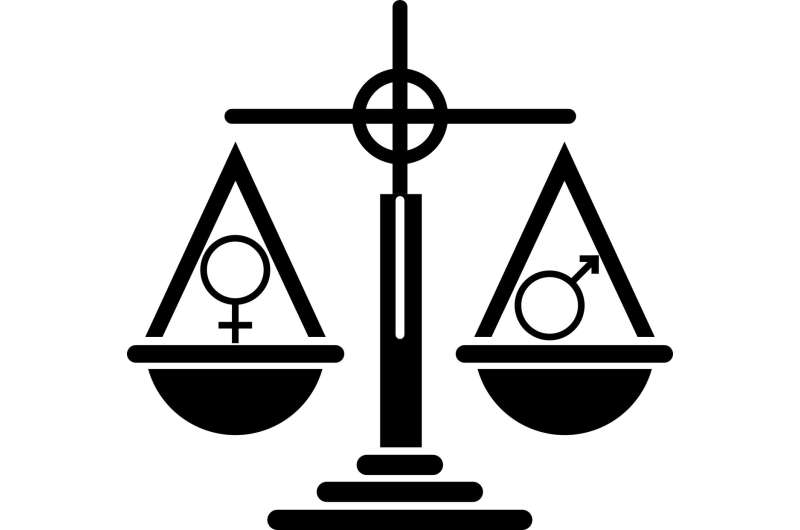May 16, 2022 report
Gender bias found in names given to new species

A trio of researchers at the University of Otago in New Zealand, has found that when it comes time to name a newly found species after someone, female honorees tend to be underrepresented. In their paper published in the journal Proceedings of the Royal Society B: Biological Sciences, Robert Poulin, Cameron McDougall and Bronwen Presswell describe their analysis of thousands of newly named species and what it showed them about gender bias.
In this new effort, the researchers note that while the naming of a new species is bound by some rules, there is still plenty of leeway granted to those who have discovered them. They also note that few new species of popular type creatures, such as mammals or birds, are discovered in a given year but the opposite is true for parasites. For that reason, they chose to focus their attention exclusively on the naming of just newly discovered parasitic worm species. They set their sights on eight prominent journals, searching for newly named species, over the years 2000 to 2020. For each find, they recorded the new name given to the species, and the reason given for the new name, along with its intended target.
In looking at their data, they found that almost 3,000 new species of parasitic worms have been discovered over the past two decades and that over 1,500 of them had been named after something unique to the creature discovered or the place where it lived. But they also found something else—of the 596 newly named species that had been named to honor an eminent scientist, just 19% were for women. They also found that the ratio persisted over the past twenty years. And they also found that for scientists who have been honored twice with a naming, 89% were male. The researchers also found that those people discovering new species have increasingly chosen to take a different route altogether—naming them after relatives, for example, or pets. Or even famous characters, such as SpongeBob SquarePants.
The researchers conclude their report by noting that they are hoping their work will push those in the research field to more carefully consider their naming choices moving forward, to hopefully make the process more inclusive.
More information: Robert Poulin et al, What's in a name? Taxonomic and gender biases in the etymology of new species names, Proceedings of the Royal Society B: Biological Sciences (2022). DOI: 10.1098/rspb.2021.2708
Journal information: Proceedings of the Royal Society B
© 2022 Science X Network





















